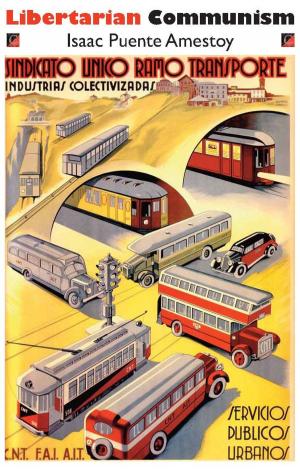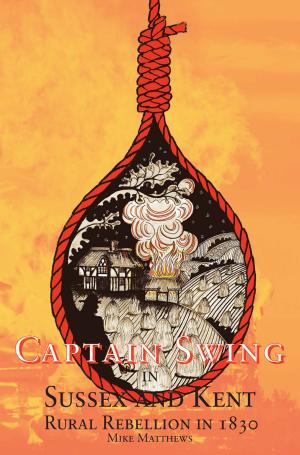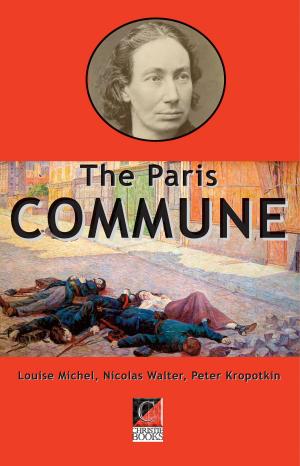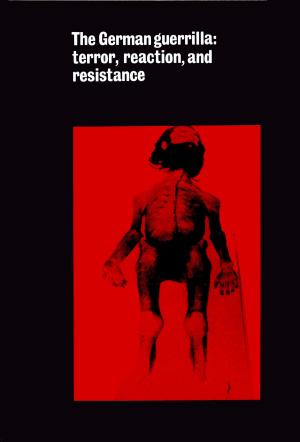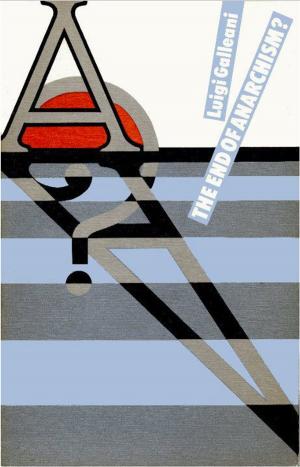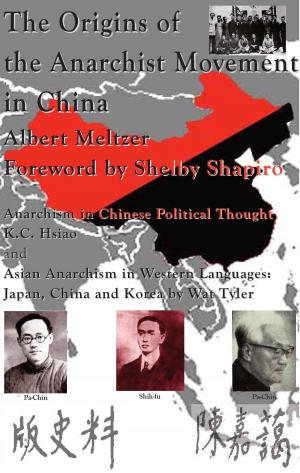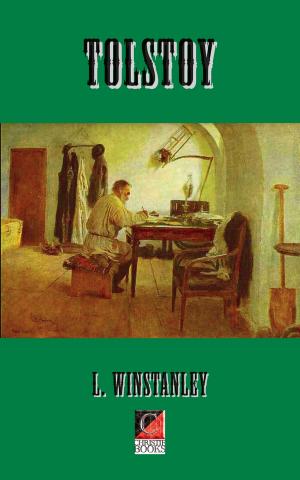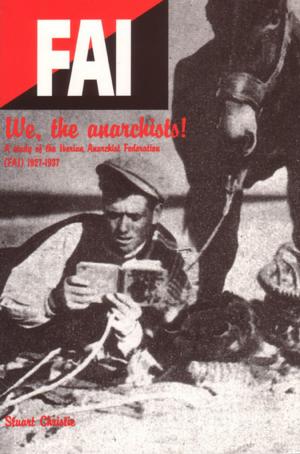DER FÜHRER
Hitler’s Rise To Power
Nonfiction, History, Germany, Modern, 20th Century, Biography & Memoir, Political| Author: | Konrad Heiden | ISBN: | 1230000680165 |
| Publisher: | ChristieBooks | Publication: | September 23, 2015 |
| Imprint: | ChristieBooks | Language: | English |
| Author: | Konrad Heiden |
| ISBN: | 1230000680165 |
| Publisher: | ChristieBooks |
| Publication: | September 23, 2015 |
| Imprint: | ChristieBooks |
| Language: | English |
Konrad Heiden, the son of a union organizer, was born in Munich, Germany, on 7th August 1901. While at the University of Munich he led protests against Adolf Hitler and the National Socialist German Workers Party (NSDAP). The historian, Richard Overy, has pointed out: "Heiden was a young socialist student in Munich when he first saw Hitler speak. It was 1923, the year of inflation and political chaos in Germany. Heiden was not impressed by what he saw: a self-centred demagogue at the head of what he calls the army of uproated and disinherited." Heiden later recalled: "In 1923, as the leader of a small democratic organization in the University of Munich, I tried, with all the earnestness of youth, and with complete lack of success, to annihilate Hitler by means of protest parades, mass meetings, and giant posters."
"IT IS TWENTY-THREE YEARS now since I first attended a National Socialist meeting, saw (without particular enjoyment) Herr Hitler at close range, and listened to the flood of nonsense—or so it then seemed to me—that he was spouting. It was only gradually that the effects of these speeches made me realize that behind all nonsense there was unrivaled political cunning.
"In 1923, as the leader of a small democratic organization in the University of Munich, I tried, with all the earnestness of youth, and with complete lack of success, to annihilate Hitler by means of protest parades, mass meetings, and giant posters. And so I am entitled to call myself the oldest —or one of the oldest —anti-Nazis now in the United State, for there cannot be many in this country who came into conflict with Adolf Hitler and his handful of followers at so early a date.
"Those who experience history and have a share in its making rarely me enduring threads but only whirl of exciting and quickly forgotten details. In 1920, and the years following, my friends and I certainly did not view our modest fist-fights and other encounters with the National Socialists as an attempt to put a premature end to the career of the modern Genghis Khan, and I would have jeered at anyone who had prophesied that this was the beginning of a new epoch in world history
"The narrative that follows is based partly on my own observations and experiences then and in later years. However, even the most intimate episodes and reports of private conversations are grounded on documentary evidence or on statements of individuals who seemed to me thoroughly reliable."
K. H.
Konrad Heiden, the son of a union organizer, was born in Munich, Germany, on 7th August 1901. While at the University of Munich he led protests against Adolf Hitler and the National Socialist German Workers Party (NSDAP). The historian, Richard Overy, has pointed out: "Heiden was a young socialist student in Munich when he first saw Hitler speak. It was 1923, the year of inflation and political chaos in Germany. Heiden was not impressed by what he saw: a self-centred demagogue at the head of what he calls the army of uproated and disinherited." Heiden later recalled: "In 1923, as the leader of a small democratic organization in the University of Munich, I tried, with all the earnestness of youth, and with complete lack of success, to annihilate Hitler by means of protest parades, mass meetings, and giant posters."
"IT IS TWENTY-THREE YEARS now since I first attended a National Socialist meeting, saw (without particular enjoyment) Herr Hitler at close range, and listened to the flood of nonsense—or so it then seemed to me—that he was spouting. It was only gradually that the effects of these speeches made me realize that behind all nonsense there was unrivaled political cunning.
"In 1923, as the leader of a small democratic organization in the University of Munich, I tried, with all the earnestness of youth, and with complete lack of success, to annihilate Hitler by means of protest parades, mass meetings, and giant posters. And so I am entitled to call myself the oldest —or one of the oldest —anti-Nazis now in the United State, for there cannot be many in this country who came into conflict with Adolf Hitler and his handful of followers at so early a date.
"Those who experience history and have a share in its making rarely me enduring threads but only whirl of exciting and quickly forgotten details. In 1920, and the years following, my friends and I certainly did not view our modest fist-fights and other encounters with the National Socialists as an attempt to put a premature end to the career of the modern Genghis Khan, and I would have jeered at anyone who had prophesied that this was the beginning of a new epoch in world history
"The narrative that follows is based partly on my own observations and experiences then and in later years. However, even the most intimate episodes and reports of private conversations are grounded on documentary evidence or on statements of individuals who seemed to me thoroughly reliable."
K. H.

